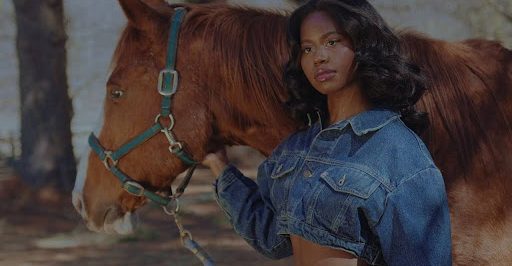Hayao Miyazaki, the director and creator of the Studio Ghibli franchise, has impacted the cinematic universe since 1985. These films are a perfect way for non-anime lovers to expand their taste (and Letterboxd). Not only are these films outstanding in cinematography, plot and characters, but they also spotlight environmentalism, emphasizing the respect and preservation of the natural world. These films, and the entire collection, can be streamed on MAX.
“My Neighbor Totoro” (1990)
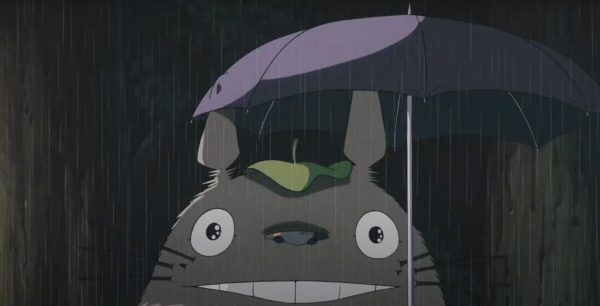
The studio’s first and arguably the most popular is the family-friendly “My Neighbor Totoro.” This film is shot from the perspective of two little girls who must come to terms with their lives while their mother is sick. As they explore their new home, they come upon some interesting friends in their neighborhood, finding comfort in nature and secure their bond as sisters.
In Japan, Totoro is a name of a forest spirit that only appears to people who respect nature. The children are amazed at the powers of Totoro and its ability to create trees and flowers. As humans are destroying Totoro’s habitat, he finds compassion and sympathy to take the little girls under his wing. The film is a masterclass in animation and reminds viewers of childlike innocence.
“Ponyo” (2009)
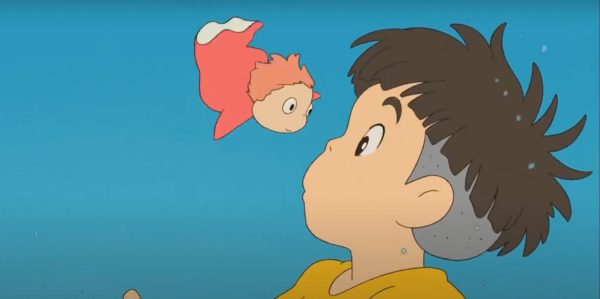
“Ponyo” beautifully illustrates the importance of maintaining a harmonious relationship with nature. The film focuses on the sea and how humans pollute and destroy it with no regard for the life that inhabits it. The natural disasters, overfishing, and marine contamination engulfed the sea Ponyo lives in which resulted in a battle between humans and fish.
Main character Ponyo is an energetic, sweet fish who is fascinated with the world above the sea. Their childish love becomes the main plot of the story, which evolves into the little boy learning to take care of someone else other than himself.
“Princess Mononoke” (1997)
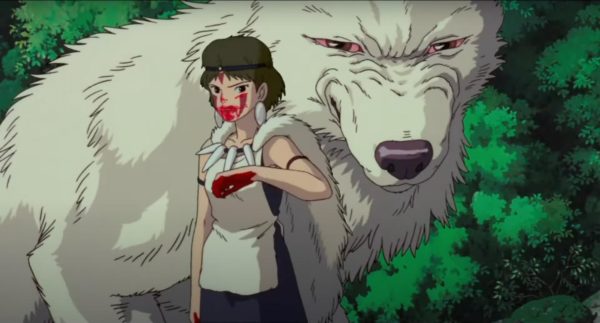
This film encompasses the gods of nature and the humans who take their resources for themselves. The gods are upset by the disregard of the humans and go to war to take back their land. The prince of the human world fights to help the princess of the nature gods, which leads to betrayal and destruction.
“Princess Mononoke” is for a more mature audience and helps one see the perspective of how the Earth feels about the ignorance of the human race. The violence portrayed in the film is to show the animals and earth feeling compelled to fight back since the human world has disrupted the natural world to the point of extinction.
“Nausicaä of the Valley of the Wind” (1984)
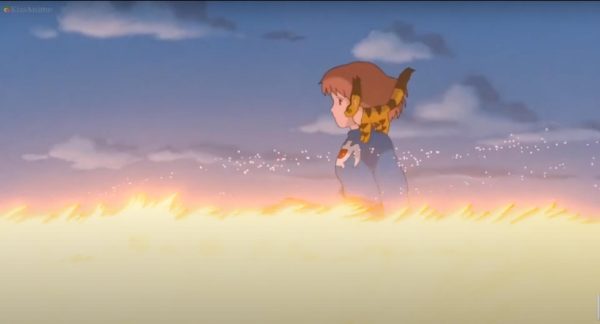
Nausicaä is a brave, independent woman who feels she has an obligation to heal the environment. The film features prominent themes of anti-war sentiment and environmental focus in the film, with animation quite ahead of its time for its release in 1984. As the frustrated and poisoned creatures and the humans battle, Nausicaä protests that listening to others and the planet is worth more than war and money.
This film takes place 1,000 years after humans used all the natural resources from the earth. The lesson we can learn from this film is we should see the value in every living thing without quantifying or prioritizing any living thing over others. “Nausicaä Valley of the Wind” is Studio Ghibli’s core film about environmentalism and is solely based on the earth. This is a wonderful pick if you want to be moved by an inspiring film that is still relevant today.
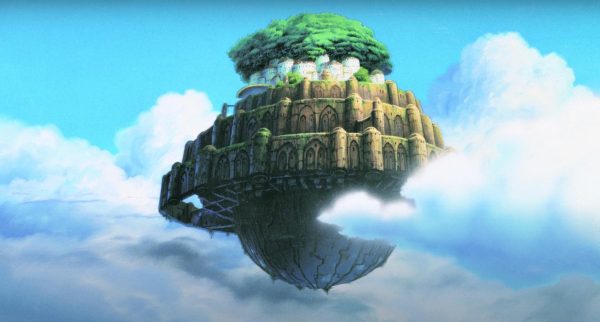
“Castle in the Sky” (1986)
Every minute of this film is engrossing and overflowing with adventure. “Castle in the Sky” contains strong themes of environmentalism, questioning humanity’s relationship with nature and the role of technology. A young girl and boy pair up to find a mysterious floating city, Luputa, and learn the dangers of technology overbearing their home.
The expression “castles in the sky” is a widely used metaphor for one’s dreams, aspirations, and wild ideas that may seem far-fetched and have little chance of success but seem worth an effort to reach. This metaphor represents the children’s dreams of finding the hidden city even though it is nearly impossible.




